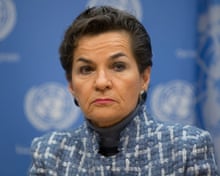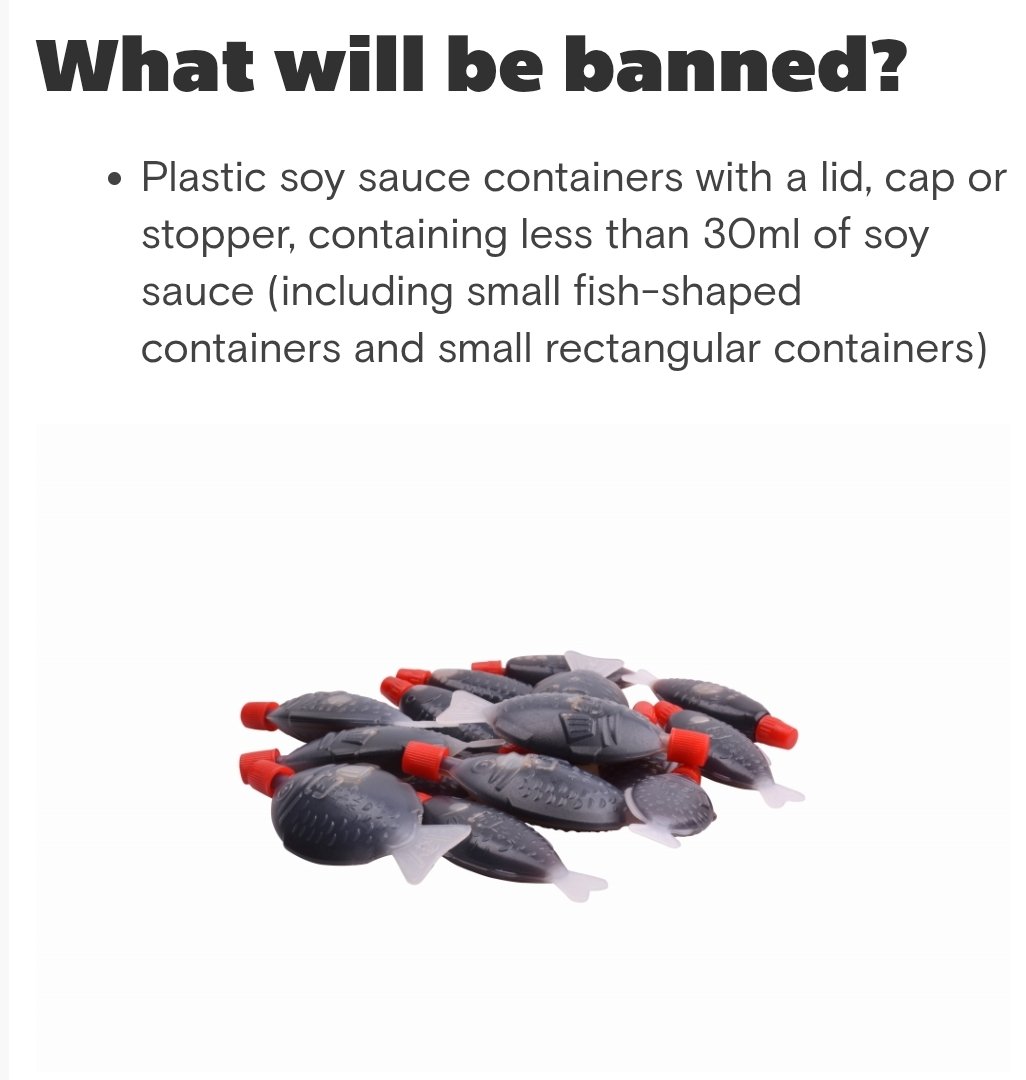In a bold environmental initiative, South Australia is taking a significant step forward in its series of bans on single-use plastic items. Starting September 1, 2025, the state will officially prohibit the use of fish-shaped plastic soy sauce containers, making it the first jurisdiction in Australia to enforce such a ban.
Details of the Ban

As part of their ongoing efforts to eliminate single-use plastics, South Australia will ban any plastic fish containers that have a lid, cap, or stopper and hold less than 30 milliliters of soy sauce. This regulation also extends to small rectangular containers typically found in takeout sushi packaging.
Environment Minister Susan Close emphasized the objective of this ban at a press conference on Saturday, highlighting a focus on sustainable alternatives. “Ideally, businesses will provide bulk bottles or dispensers of soy sauce in store, but plastic sachets will still be allowed in sushi shops.”
Close acknowledged that although sachets are also made of plastic, they present a more environmentally friendly option. “They are much lighter weight, much easier to dispose of, and a lot less wasteful,” she pointed out.
The minister explained that soy sauce sachets consume less energy during production and pose a lesser threat to wildlife. “You can imagine there is sea life that would want to eat something that looks a bit like a fish, so this is one of the worst examples of wasteful and harmful single-use plastic,” she said.
The Broader Context of Ban on Single-Use Plastics

The ban is part of a broader movement in South Australia aimed at reducing plastic waste. Since 2021, the state government has prohibited plastic items like coffee cups, takeaway food containers, plastic straws, and cutlery.
In 2023, more items, including plastic-stemmed cotton buds, plastic pizza savers, and single-use plastic plates and bowls, were restricted. By 2024, South Australia is also set to prohibit plastic produce bags, thicker boutique-style bags, and expanded polystyrene containers.
While these measures have been applauded by environmentalists, the state was poised to make another significant move by banning stickers on fruit and vegetables in September 2023. This decision, however, has been delayed until a new phasing schedule is established, following warnings from the industry that it could lead to increased costs for producers and disrupt the national supply chain.
Business Reactions and Challenges Ahead

Local businesses, while supportive of the new ban, are bracing for adjustments. Stella, co-owner of Sushi Block in Adelaide’s Central Business District, expressed her approval but acknowledged that the transition will require effort. “We were given some notice, so we’ve just been working with suppliers to find replacements that don’t have that iconic plastic fish shape,” she told ABC Radio Adelaide.
Stella highlighted potential supply issues regarding the alternative paper sachets, stating, “There is very limited supply of those little packets.” She added that suppliers have struggled to find affordable substitutes.
Tamika-Lee Morrow, who also works at Sushi Block, noted that customers may experience slight price increases due to higher costs for alternative packaging. “There will be customers who aren’t so happy about it; they will be a bit upset. But we’re hoping they will see this as a small step towards helping our environment,” she said.
Progress Made and What’s Next
South Australia has distinguished itself as a forerunner in efforts against environmental degradation. In 2009, it became the first state to ban lightweight plastic shopping bags. This strong initiative has resonated across the nation, as all states and territories have since eliminated plastic bags, with the exception of the Northern Territory and Tasmania, which plan to follow suit by 2025.
Despite this progress, there remains a disparity among states in terms of their timelines for phasing out other single-use plastics. For instance, while South Australia and Western Australia have advanced plans to eliminate single-use coffee cups, states like Victoria, the Australian Capital Territory (ACT), Tasmania, and New South Wales have not yet considered similar measures.
Leadership Perspective on Environmental Reforms
South Australian Premier Peter Malinauskas articulated his commitment to environmental reform during the announcement of the ban on fish-shaped soy sauce containers. “We know that plastics can play an important role in our economy and society but when they’re single-use, they’re often going directly to waste,” he stated.
He emphasized the environmental benefits of minimizing waste, noting, “We’re committed to making sure that we have a progressive government that is seeking to address environmental reform.” Malinauskas believes that South Australia has a “proud tradition” of influencing national environmental policy and expects other states to follow suit in banning single-use plastics.
An ACT government spokesperson confirmed that while fish-shaped soy sauce containers are not currently under consideration for a ban, the territory is focused on addressing problematic waste streams, including single-use plastics.
As South Australia continues its leadership role, the state’s ban on fish-shaped soy sauce containers is seen as a critical stride in tackling the growing challenge of plastic pollution and inspiring a wave of similar actions across Australia.
